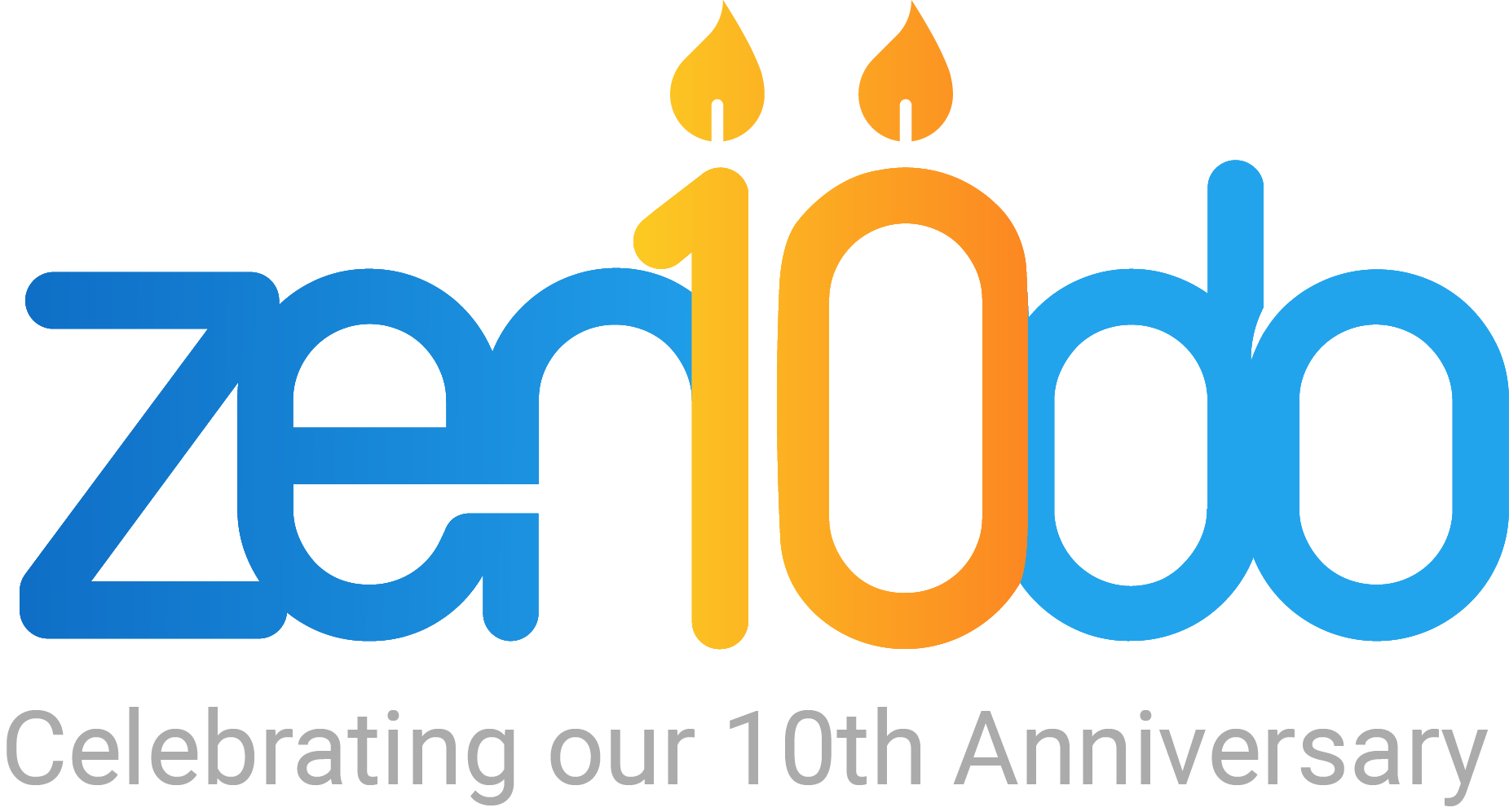Building Renovation Financing in Latvia: Current State and Future Prospects
Latvia mainly uses EU funds and state budget funds for building renovation. Given the need to achieve the set energy efficiency and climate targets, it is necessary to promote private sector involvement (more active involvement of investors and commercial banks, provision of favorable loans, etc.).
Energy Efficiency Challenge
Energy efficiency of buildings is one of the challenges in Latvia, as it impacts not only energy and climate change mitigation efforts but also social well-being. Safe, warm, and comfortable housing is not a luxury, it is a necessity. The building sector accounts for up to 40% of Latvia's total energy consumption. This is a large number since approximately 75% of the EU's building stock is energy inefficient, characterized by high energy consumption.
Renovation Needs and Scale
Timely and effective maintenance of buildings is a shared challenge for the state, municipalities, and residents. According to estimates, around 189,000 housing units – approximately 163,000 private houses and 26,000 apartment buildings – with a total area of 56.1 million m² require renovation. The total investment needed is estimated at €21.6 billion to cover renovation measures. Therefore, it is evident that additional financing sources are required.
Latvia has the highest proportion of residents living in apartment buildings in the European Union. Apartment buildings are in critical technical condition, therefore the pace of renovation should be increased. One way to increase the pace of renovation is to change the approach and move to comprehensive renovation packages.
Current Financing Sources
Financing for building renovation is strongly aligned with climate and energy efficiency goals. Until now, financing sources for promoting the energy efficiency of buildings in Latvia have mostly been linked to European Union funds and public funding. Financing sources in Latvia include bank loans, government grants, guarantees and some private investment. A few building renovation projects have been implemented using the ESCO model. Latvian state offers various support programs aimed at improving the energy efficiency of buildings, particularly for renovating apartment buildings.
Key Funding Programs:
- Emission Allowance Auction Instrument (EAAI): The EAAI aims to contribute to the prevention of global climate change, adaptation to the effects of climate change and the reduction of GHG emissions, for example through improving the energy efficiency of buildings in both the public and private sectors, the development and deployment of renewable energy technologies and implementing integrated solutions to reduce GHG emissions. EAAI is financed from the auctioning of state-owned European Union Emission Allowances and European Union Aviation Emission Allowances.
- ALTUM Energy Efficiency Programs: JSC Development Finance Institution ALTUM is a Latvia state-owned company that ensures access of the enterprises and households to the financial resources by means of support financial instruments – loans, guarantees, investments in venture capital funds – in the areas defined as important and to be supported by the state, thus developing the national economy and enhancing mobilization of the private capital and financial resources. The funding for the implementation of state support programmes comprises both EU funds and national public funding.
- Energy Grant: The Energy Grant is being implemented in cooperation with the European Investment Bank and funded by the European Commission's InvestEU Advisory Hub, with a total allocation of EUR 4.25 million. This grant is intended to support the preparation of technical documentation for energy efficiency renovations in multi-apartment buildings. Apartment owners can apply for the grant that will cover 90% of the total cost of preparation.
- Recovery and Resilience Facility (RRF): RRF is a centrally managed budgetary instrument of the European Commission, established in addition to the European Union's 2021–2027 Multiannual Financial Framework. The Facility aims to support reforms and investments that facilitate the transition to a green and digital economy and to mitigate the socioeconomic impacts of crises. In Latvia, €1.97 billion in grants under the RRF has been allocated for implementation by 31 August 2026.
Challenges and Barriers
However, it must be acknowledged that funding availability is only part of the solution. Public engagement in energy efficiency initiatives, as well as interest in renovating private properties, remains low. One of the most significant obstacles is the lack of interest among property owners in cooperating and jointly managing their buildings. This is compounded by a limited understanding of the long-term benefits of energy efficiency investments.
Renovation Wave Strategy
In October 2020, the European Commission adopted the initiative "Renovation Wave for Europe", which sets to at least double the annual rate of energy renovation of residential and non-residential buildings by 2030 and to promote deep renovation in particular. To achieve this, barriers throughout the building renovation process chain must be removed through specific policy measures and financing and technical assistance instruments.
Basic Principles for Financing Models:
- Residents do not pay more after the project is implemented
- A mechanism for special support for low-income households should be created
- Start with the renovation of the worst-conditioned buildings
- Easy and simple access to financing should be ensured by increasing project preparation and implementation capacity and providing comprehensive technical assistance

